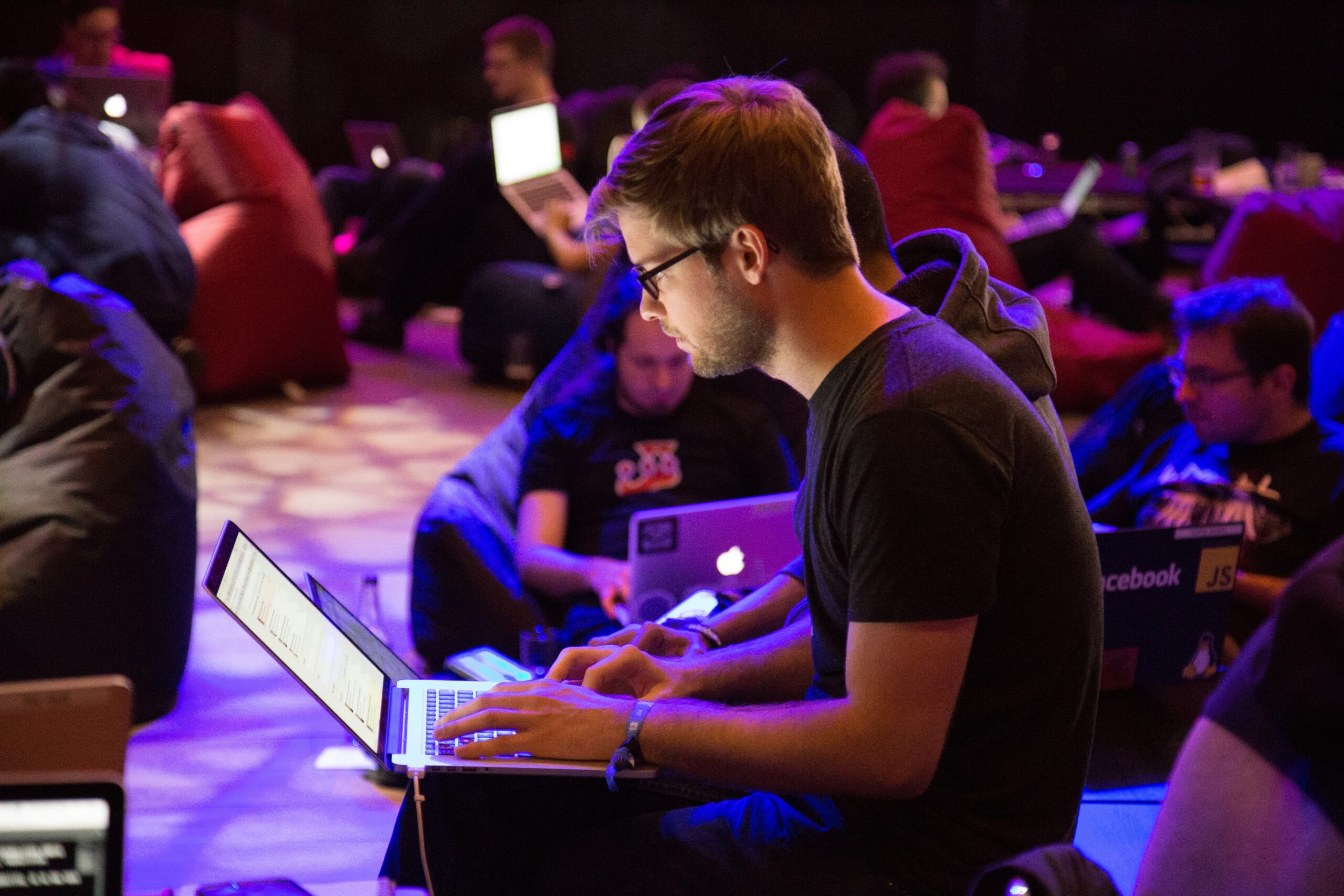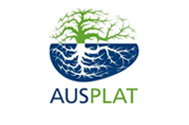
What do psychology students
want and need for their future!?
Program | Day 2 | 9 September 2023
Disclaimer: This program is subject to change.
The science of thriving.
[15 mins]
Melinda McCabe
Distress and wellbeing in psychology university students: A systematic review
[15 mins]
Amanda Taylor
Promoting project ownership, motivation, and student wellbeing in an accelerated online research project course
[15 mins]
Natasha van Antwerpen
Equipping psychology students with awareness and knowledge of sexual violence
[SYMPOSIUM – 60 mins]
Dr Alexander O’Donnell, Dr Elly Quinlan, Kareen Duffy, & Professor Kathryn Nicholson Perry

Prof Bridgette Hard | Duke University
https://scholars.duke.edu/person/bridgette.hard
A Storyteller’s Approach to Teaching
Modern teachers are encouraged to think of lecturing as antiquated and ineffectual, but lectures can be a timeless pedagogical tool that need not be passive, boring, or ineffective. By invoking principles of effective storytelling, lectures can invite students on a journey through the concepts that requires them to engage, empathize, analyze, and reason critically. I will share concrete ways that you can use stories as an organizing framework for your lessons. I will also share some of my favorite storytelling examples, as well as performance strategies for making your classroom stories more vivid and compelling.
What do students really think about ChatGPT?
[15 mins]
Dr Ellie Meissner
“ChattieG writes better than me”: Using ChatGPT to develop critical thinking feedback literacy and communication skills in undergraduate psychology
[15 mins]
Assoc Prof Jenny L. Richmond
No, ChatGPT isn’t ‘lying’ to you: How psychology educators can help address anthropomorphism and over-attribution bias to scaffold more accurate understanding of large language models.
[15 mins]
Dr Janie Busby Grant
LIGHTNING 1: Is AI your new teammate?
Assoc Prof Lydia Woodyatt
LIGHTNING 2: Enhancing study strategies with generative AI.
Assoc Prof Jenny Richmond
LIGHTNING 3: Holding up the mirror – Reflection as an antidote to AI.
Jamie Dracup
LIGHTNING 4: Radically rethinking assessment for the age of AI.
Assoc Prof Jason M Lodge
♦ LIGHTNING 5: AI in a secondary school context.
Stephanie Walton
LIGHTNING AI General Discussion (continued over lunch)
Helping students embrace the shades of grey: The need to develop tolerance of uncertainty in postgraduate psychology education
[SYMPOSIUM – 90 mins]
Dr Elly Quinlan, Lize Booy, Amanda Jia Qi Tan, Emma Fewings, & Dr Madelyn Geldenhuys
To be… or not to be: Accreditation is the question!
Perspectives on accreditation in undergraduate psychology
[PANEL DISCUSSION – 60 mins]
Karena Burke et al.
Developing psychological workforce literacy in Australian students
[15 mins]
Prof Tony Machin et al.
A collaborative and co-operative approach to undergraduate psychology student career preparation – opportunities and challenges.
[15 mins]
Dr Danielle Wagstaff
♦ An overview of initial research into professional learning for Australian teachers of secondary school psychology
[15 mins]
Stephanie Walton, Dr Karen Marangio & Assoc Prof Rebecca Cooper
♦ Teaching procedures in practice in psychology classrooms
[Teacher-focused ROUNDTABLE – 75 mins]
Dr Karen Marangio
Introduction to Teacher Roundtables
Dr Karen Marangio, Amrita Moss, Sarah Langley, Stephanie Walton, Hannah Lewis & Bridie Youd
Core thinking routines for psychology classrooms
Jayne Schinckel
Engagement content delivery strategies in psychology classes.
Alex Phillips
Year 10 Psychology – A “try-before-you-buy” strategy to encourage Senior Psychology engagement and retention
Dr Amber-Lee Donahoo
Sporty Psych: Putting the practical brain games in Sports and Exercise Psychology
Katherine Edson

Assoc Prof Jason Lodge | University of Queensland
https://itali.uq.edu.au/profile/1140/jason-lodge
Is self-regulated learning the core skill for the age of generative AI?
The emergence of generative artificial intelligence (AI) has raised significant issues for education, including psychology education. While there are differences across disciplines, no area is exempt from the implications of these emerging technologies. The acute issues primarily concern academic integrity, privacy, ethics, and transparency. However, there are longer-term issues to be addressed concerning the nature of human-computer interactions in learning. In this presentation, I will explore the hypothesis that self-regulated learning is the key skill for students to adapt to and thrive in the age of AI. Drawing on decades of research, I will describe how evaluative judgement and making good decisions about progress in learning will be increasingly critical as education shifts from an emphasis on inputs and outputs to processes of learning.
Suggestions include:
The Drunken Admiral: https://drunkenadmiral.net/contact
Old Wharf Restaurant: https://oldwharfrestaurant.com.au/
Da Angelo Ristorante: http://daangelo.com/
Urban Greek: https://urbangreek.com.au/
Dana Eating House: https://www.danaeatinghouse.com.au/
Legend: ♦ Secondary teacher-specific sessions
Venue:
Menzies Institute for Medical Research,
University of Tasmania, Medical Science Precinct,
17 Liverpool Street, Hobart, TAS 7000
and online as well!
